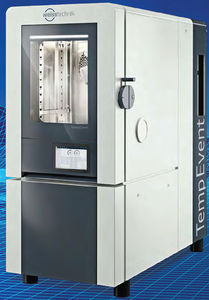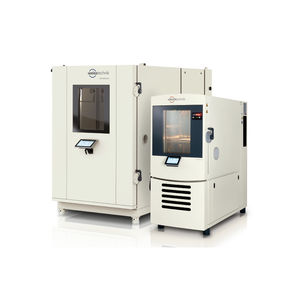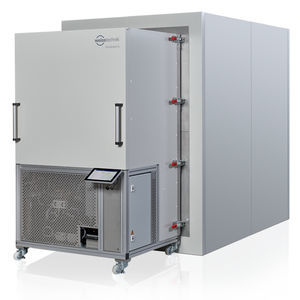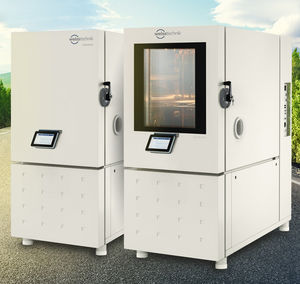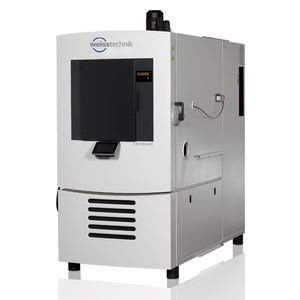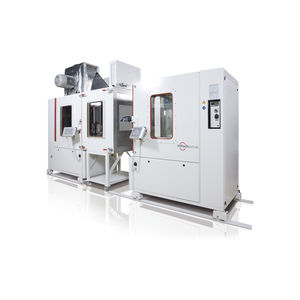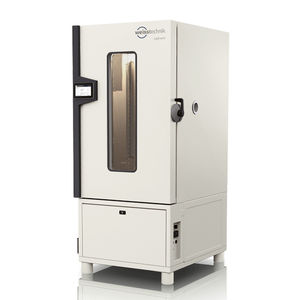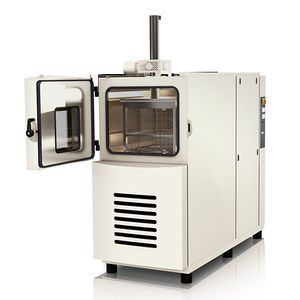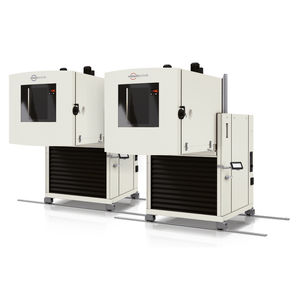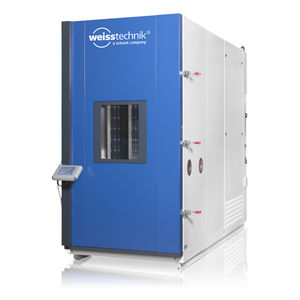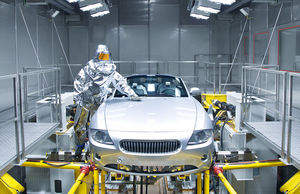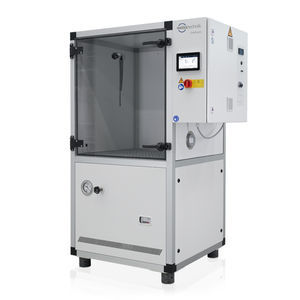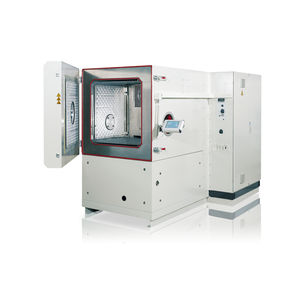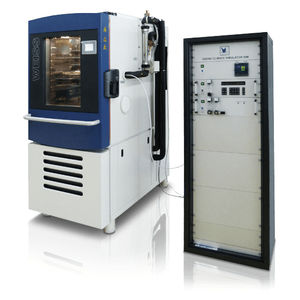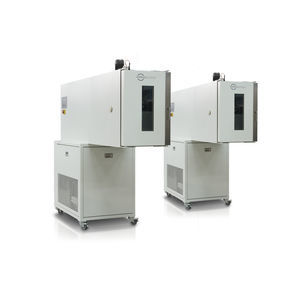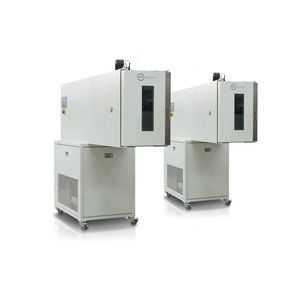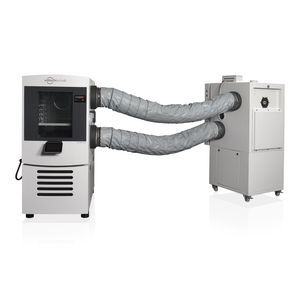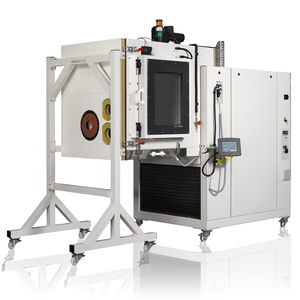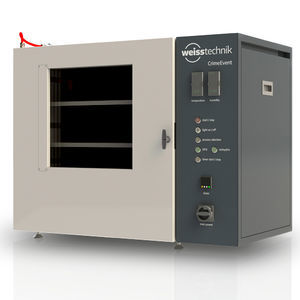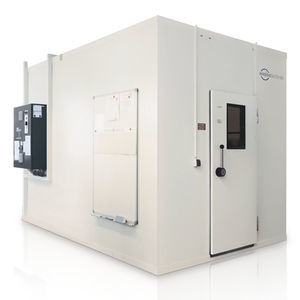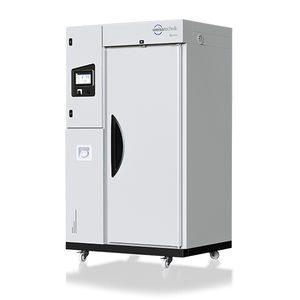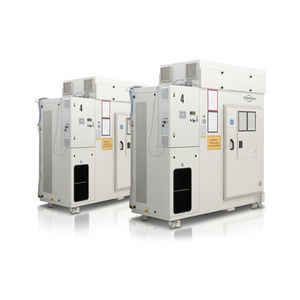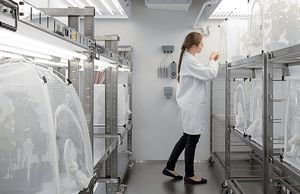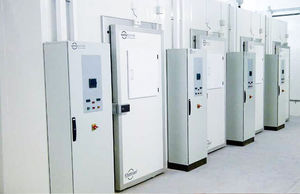
Short circuit test chamber thermal shockfor batteryfor automobiles




Add to favorites
Compare this product
Characteristics
- Test type
- short circuit, thermal shock
- Product applications
- for battery, for automobiles
- Configuration
- floor-standing
- Options and accessories
- with window
Description
Lithium Ion batteries are a proven technology for automotive applications, with a move towards electric vehicles making the production and ongoing development of lithium-ion energy storage systems a growing industry. When looking at electric car battery testing, battery abuse test chambers for lithium ion batteries need to deliver test conditions to internationally recognised lithium ion battery abuse test standards to ensure the safety of the power banks produced.
Standards developed by the IEC, ISO, SAE, CEN and CENELEC amongst other bodies help regulate battery use in electric vehicles, with an agreement in the EU and US to a Transatlantic Cooperation on Standards for Electric Vehicles to avoid conflicting battery safety standards.
Increasingly larger applications require storage systems that both have a very high energy content and supply a high level of power. Testing of batteries to battery safety standards and classifications, EUCAR hazard level requires the simulation of a range of abusive conditions including overcharging, short circuit, physical deformation, shock temperature changes and other climate conditions such as humidity condition simulations.
Alternative drive systems are a central component of the automotive future. In comparison to other mobile storage systems, lithium ion batteries and fuel cell technology have become established. An energy storage system must be as safe as possible. External loads, e.g., caused by high or low temperatures, fast temperature changes, humidity, mechanical loads or corrosive influences, must not lead to failure or unintended reactions.
Catalogs
No catalogs are available for this product.
See all of Weiss Technik‘s catalogsRelated Searches
- WEISS TECHNIK test chamber
- Test stand
- WEISS TECHNIK temperature test chamber
- WEISS TECHNIK climate chamber
- WEISS TECHNIK humidity test chamber
- Stainless steel test cabinet
- WEISS TECHNIK environmental test chamber
- WEISS TECHNIK automobile test chamber
- Test chamber with window
- Test chamber on casters
- WEISS TECHNIK vehicle test chamber
- WEISS TECHNIK aging test chamber
- Test set
- Floor-standing test cabinet
- Battery test chamber
- Test chamber for the aeronautical industry
- High temperature test chamber
- WEISS TECHNIK thermostatic test chamber
- Quality control test chamber
- Automatic test chamber
*Prices are pre-tax. They exclude delivery charges and customs duties and do not include additional charges for installation or activation options. Prices are indicative only and may vary by country, with changes to the cost of raw materials and exchange rates.


